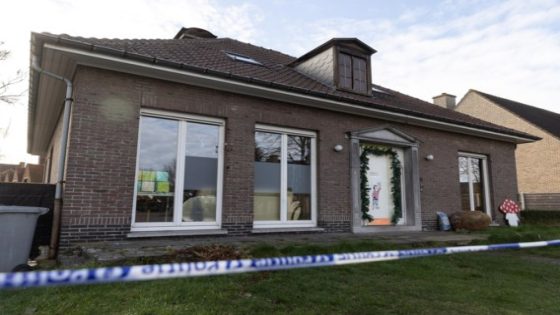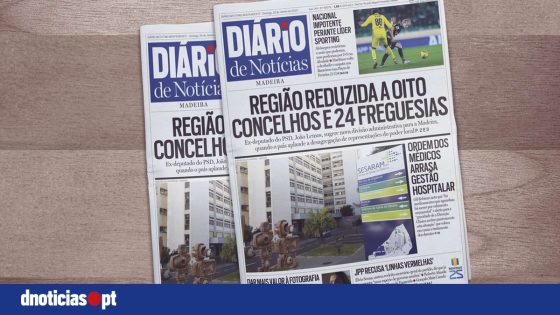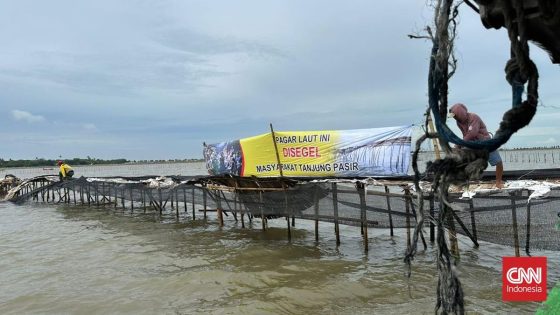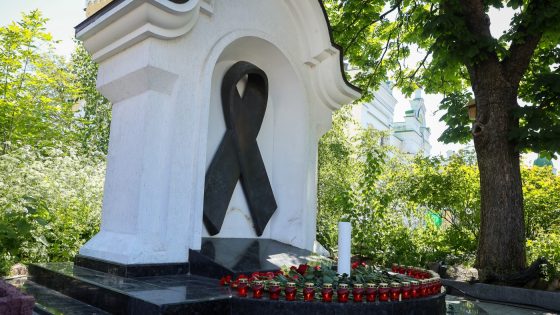The recent discussions surrounding the control of immigration in Spain have sparked significant concern among law enforcement. On February 3, 2025, Minister Félix Bolaños revealed that negotiations with Junts regarding the delegation of immigration powers to the Catalan government are progressing, yet no final agreement has been reached. How will this affect the role of the Spanish police?
- Negotiations on immigration powers in Catalonia ongoing.
- Trudeau imposes tariffs on US imports.
- Poll shows PSOE's lowest voting estimate.
- Vox gains support, reaching 14.2% in polls.
- Concerns raised over police powers in Catalonia.
- Trade war escalates between Canada and US.
Spain’s Immigration Control Negotiations Raise Concerns for Law Enforcement
As the Spanish government negotiates immigration powers with Catalonia, many are questioning the implications for national security. Will the transfer of responsibilities to the Catalan police, the Mossos d’Esquadra, compromise the effectiveness of Spanish law enforcement? This situation is evolving rapidly, and the stakes are high.
Implications of Delegating Immigration Powers to Catalonia
The discussions regarding the delegation of immigration responsibilities to Catalonia have raised several critical points:
- Concerns about the effectiveness of police operations in border control.
- Potential conflicts between regional and national law enforcement agencies.
- Public safety implications if the Mossos d’Esquadra assume new powers.
- Political ramifications for the Spanish government amid rising tensions.
Impact on Spanish Police Operations and Morale
Spanish police officers are expressing deep concerns over the potential changes to their roles. Many believe that shifting responsibilities to the Catalan police could undermine their authority and effectiveness. The sentiment among officers is that they are being sidelined in a crucial area of national security.
Political Dynamics: The Role of Junts and Puigdemont
Former Catalan president Carles Puigdemont has been vocal in demanding that the Mossos d’Esquadra gain full control over border security. This push raises questions about the future of Spanish governance and the balance of power between regional and national authorities. Will this lead to a more fragmented approach to immigration enforcement?
Public Reaction and Future Consequences
The public response to these negotiations has been mixed, with some supporting greater regional autonomy while others fear for national security. As the situation develops, citizens are left wondering how these changes will impact their safety and the overall effectiveness of immigration policy in Spain.
































